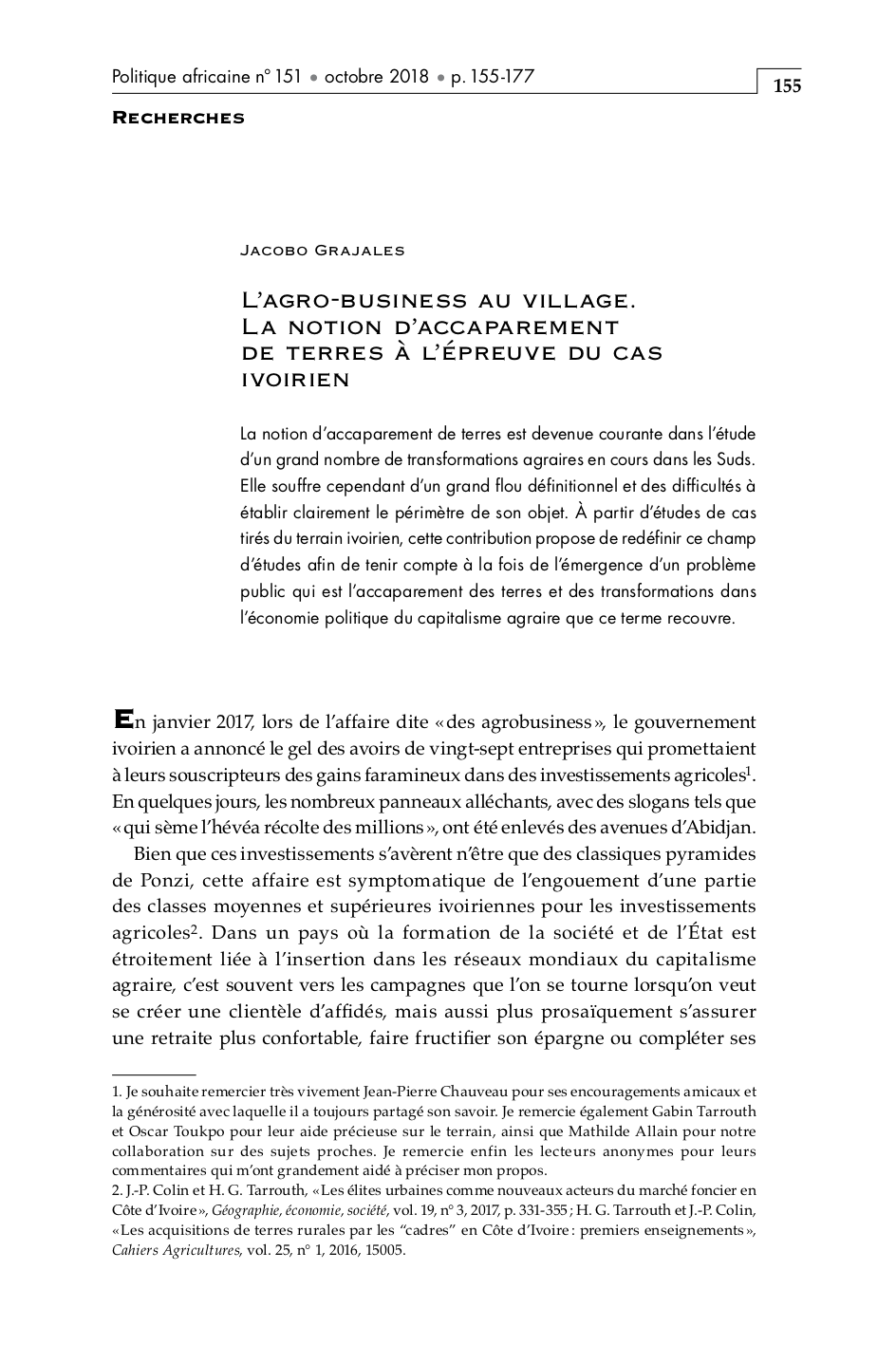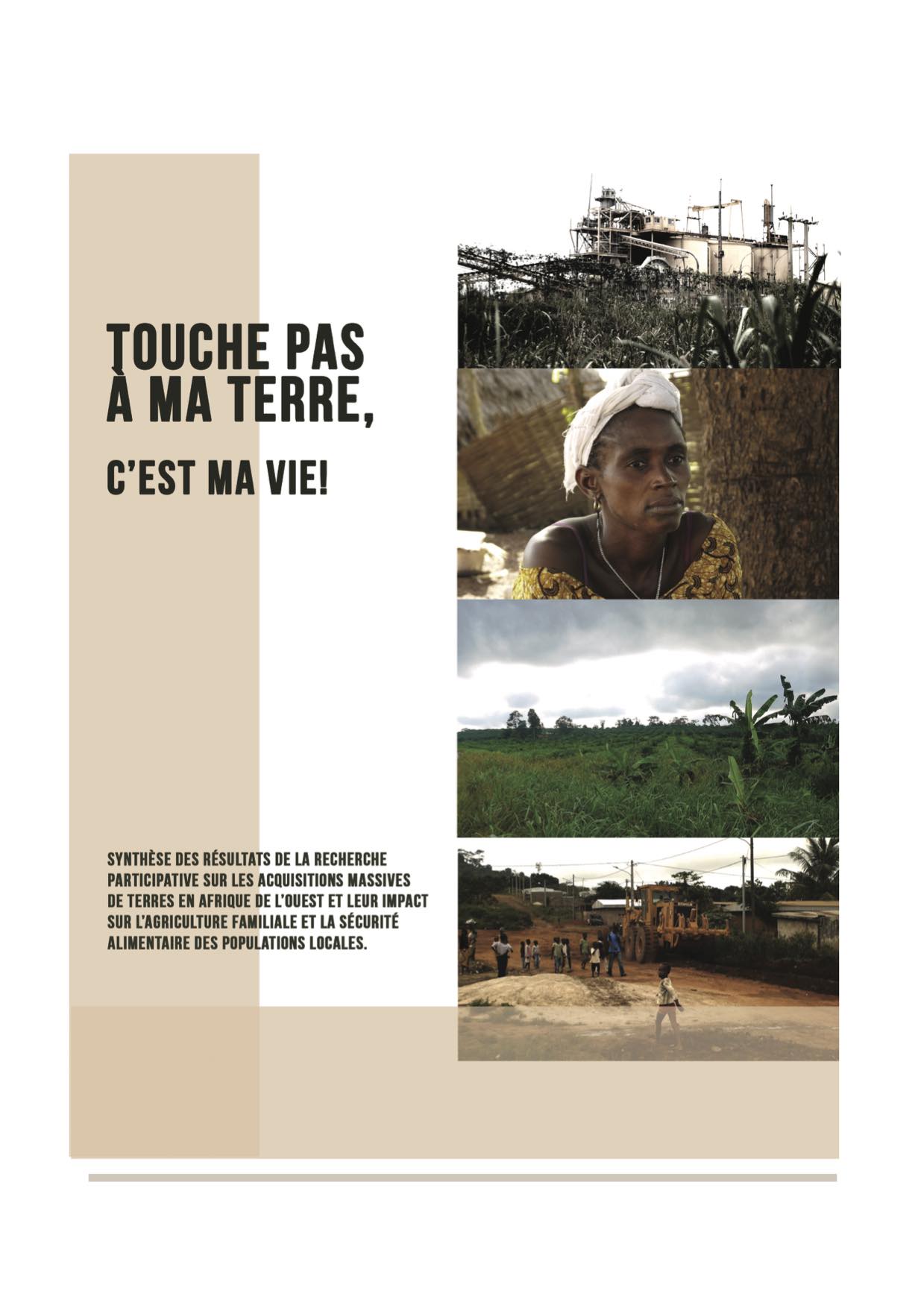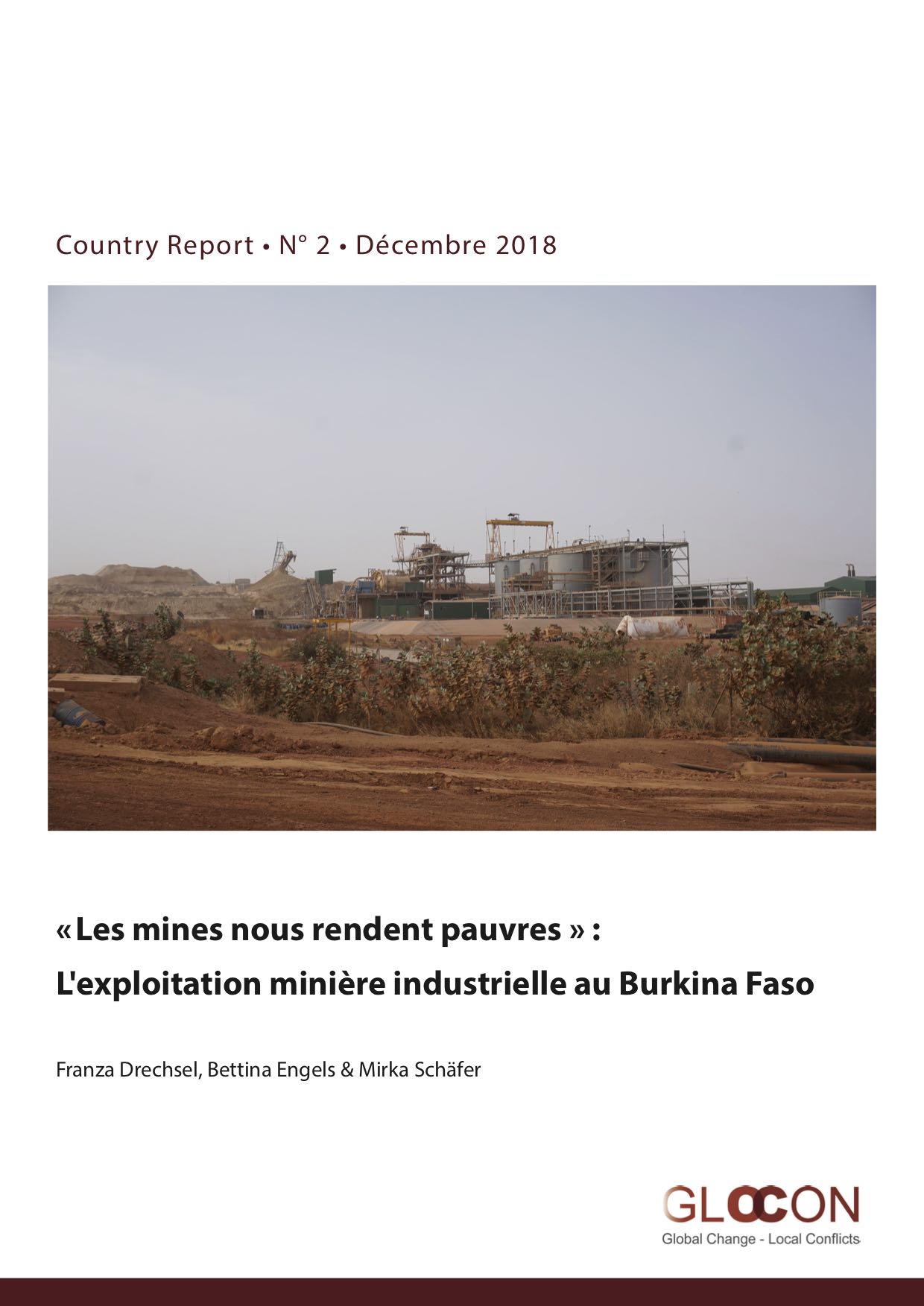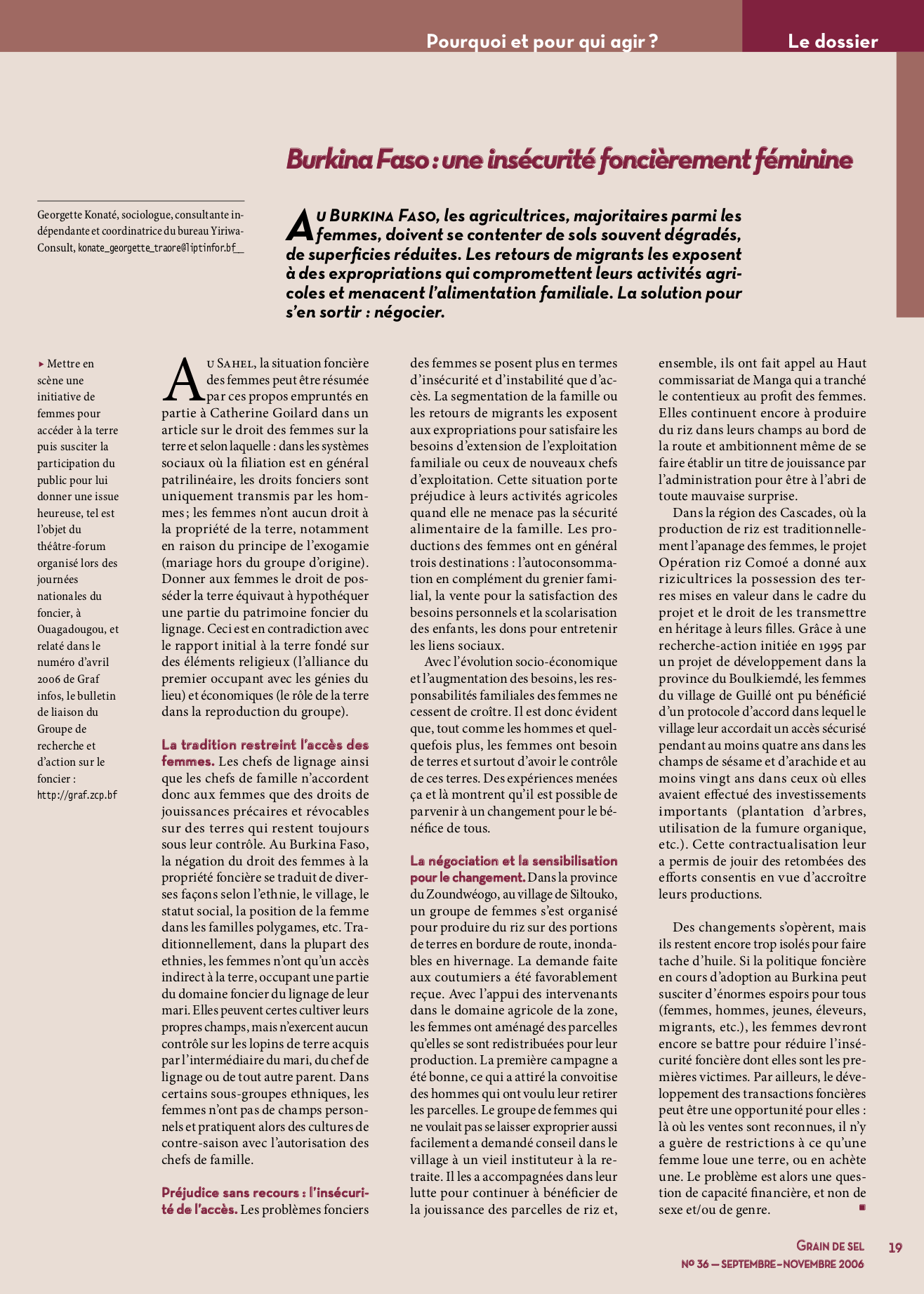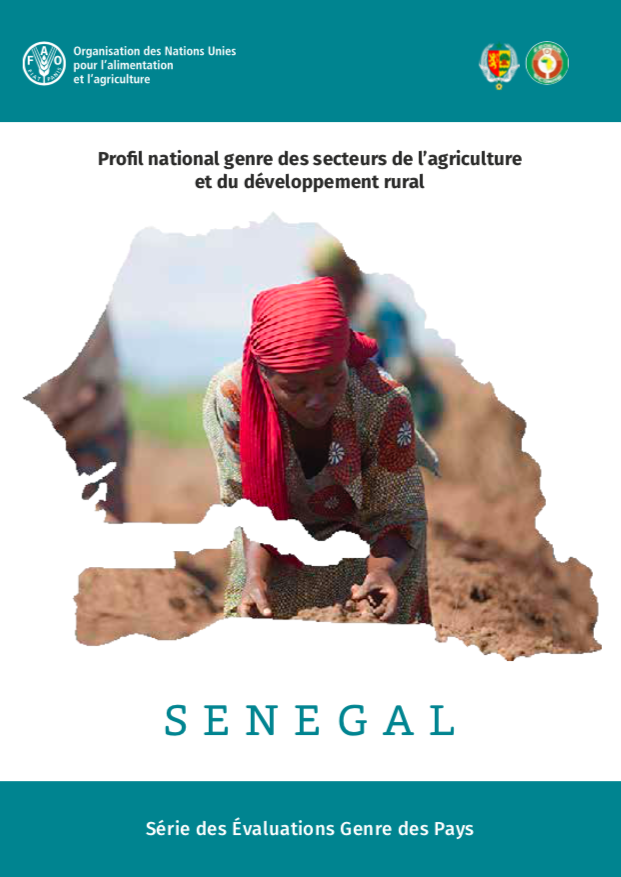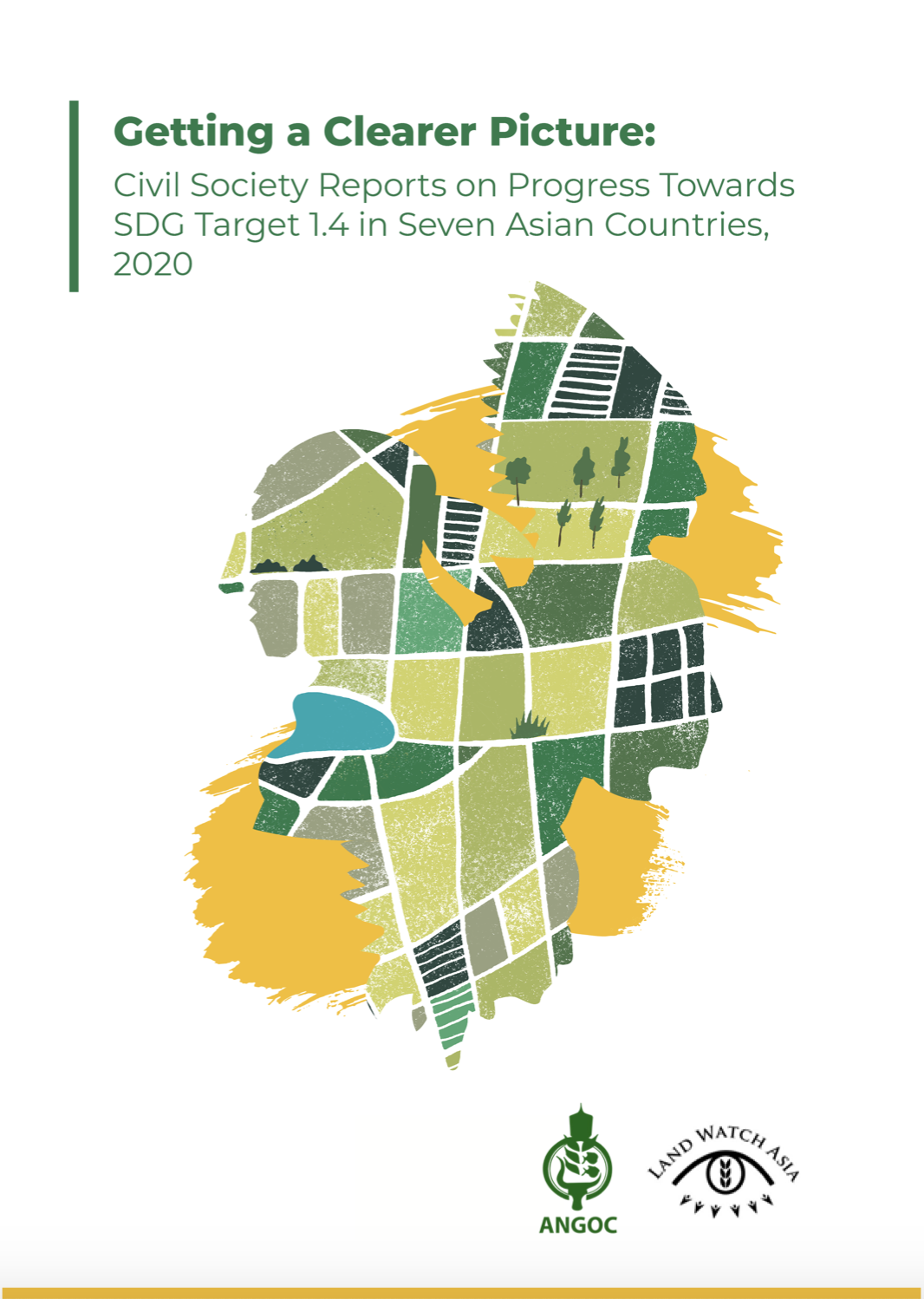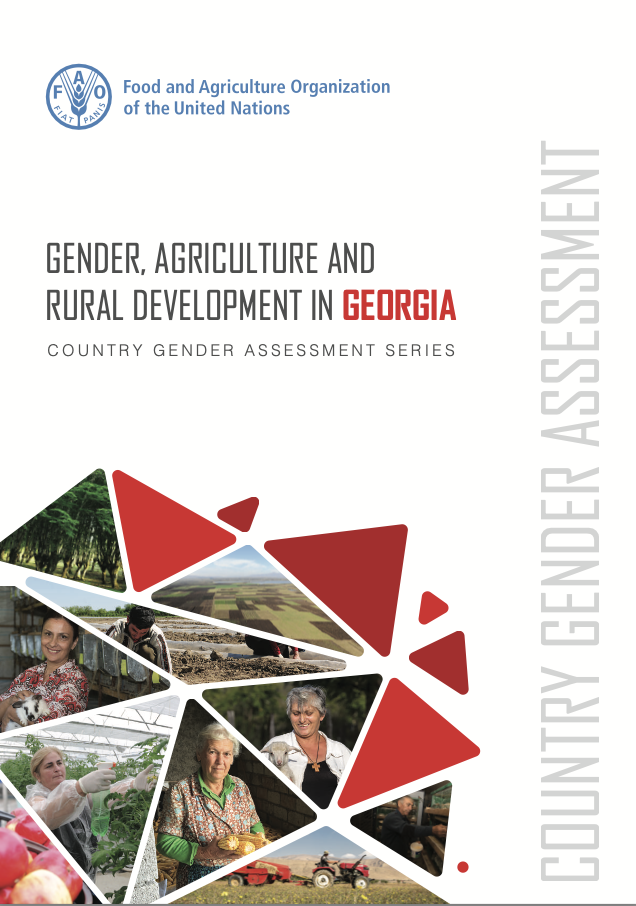L’agro-business au village
La notion d’accaparement de terres est devenue courante dans l’étude d’un grand nombre de transformations agraires en cours dans les Suds. Elle souffre cependant d’un grand flou définitionnel et des difficultés à établir clairement le périmètre de son objet. À partir d’études de cas tirés du terrain ivoirien, cette contribution propose de redéfinir ce champ d’études afin de tenir compte à la fois de l’émergence d’un problème public qui est l’accaparement des terres et des transformations dans l’économie politique du capitalisme agraire que ce terme recouvre.

